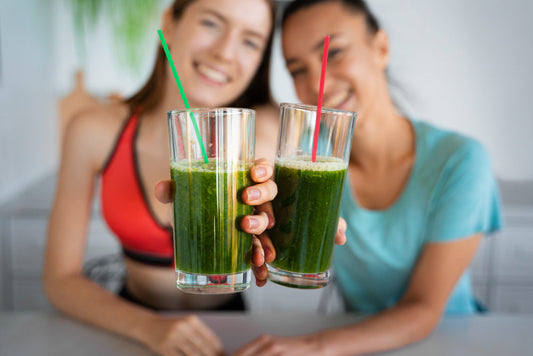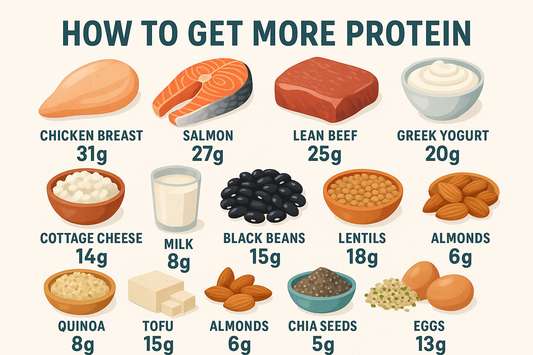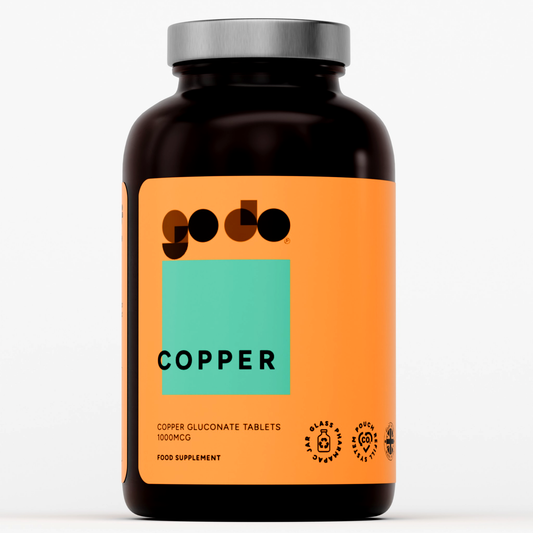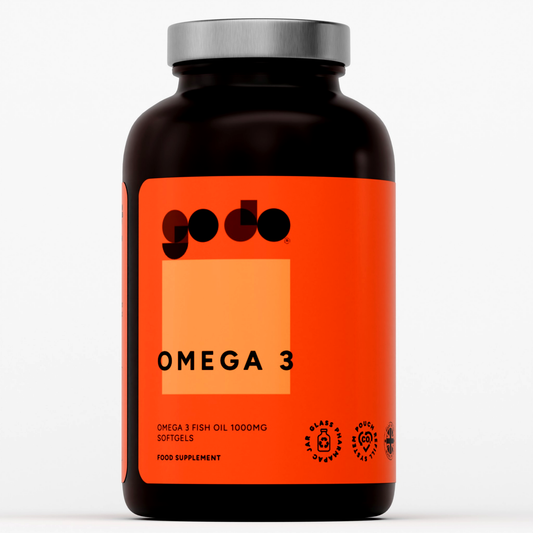Fuel is needed to make the best of the machines work. Similarly, the body needs food to make energy. Without energy, you can’t work or move. Our daily nutrition is enough to help us through our daily chores. But what if we have a tougher routine, one that needs us working out more? Run more?
For athletes to give the best performance, it’s important that they take a balanced diet. One that is constructed especially for them, to give them more energy for their workouts. However, that’s not all; they also need this fuel to heal them later as well. The nutrition that comes from their special diet helps them keep their energy up in gruelling workout sessions as well as help them repair their body after. Here’s how nutrition plays a huge role and affects athletic performance.
Carbohydrates and Its effect on Exercise routine:
While the body digests the consumed food, all the carbs are transformed into glucose (sugar). Glucose is the body’s main source of energy. Our body is very smart; it can turn excess glucose into glycogen and stash it in muscle tissue as well as liver for later use. This store energy can be released during a hard workout. It’s this sugar that keeps you going and pushes you to do more. Without it, you will get tired easily or get fatigued. Most athletes are given high-carb food to help them store more glycogen.
What happens when carbs are restricted? In cases of carb restriction, the body doesn’t get the proper amount of glycogen, and hence it starts to eat at muscle tissues to produce more energy. This may result in infections or severe illness.
Carbohydrates and Post Workout Recovery:
It all depends on the duration, the intensity as well as the frequency of the workout. Carbs that come from wholesome foods like cereals and wholegrain bread and flour is a better source and should be the focus. Refined sources like jam and white bread will also give an instant boost.
The carbs not only fuel the body during the exercise but it also repairs the muscle damage after. It’s important that an athlete should take enough amount, to stay active after a gruelling workout.
Consider this chart and determine how many carbs should you take per day:
- Light exercise for half an hour a day should take around 3 to 5 grams per kg of the total body weight
- Reasonable exercise for an hour per day should go for 5 grams per kg of the total body weight
- Endurance exercise for more than a couple of hours per day should take 6 to 10 grams per kg of the total body weight
- Extreme strength building and endurance exercise for more than three hours should have to 12 grams per kg of the total body weight
Proper timing of the meal matters as well when you are training hard to compete.
Meal Before:
Consuming a high carb meal three to four hour prior to any event or exercise is advisable. As it affects the body in a positive way. If that’s too much to handle, then you can also take a light snack a couple of hours earlier to your exercise. Eating close to your workout session can, however, cause discomfort during exercise. Yogurt, pasta and fruit salad are the kind of snacks you should consider before workouts
Meal During:
If the exercise routine lasts for more than 60 minutes than its advisable that you eat during the exercise to keep up your energy. The best energy food would be fruit smoothie or juice or Sports drinks to fight dehydration.
Meal After:
The body needs food to repair itself after workouts, which is why it recommended that you eat cereal, low-fat milk, sandwiches, or pasta as after meal.
Conclusion:
Nutrition and athletic performance go hand in hand. You can’t win medals on an empty stomach.











